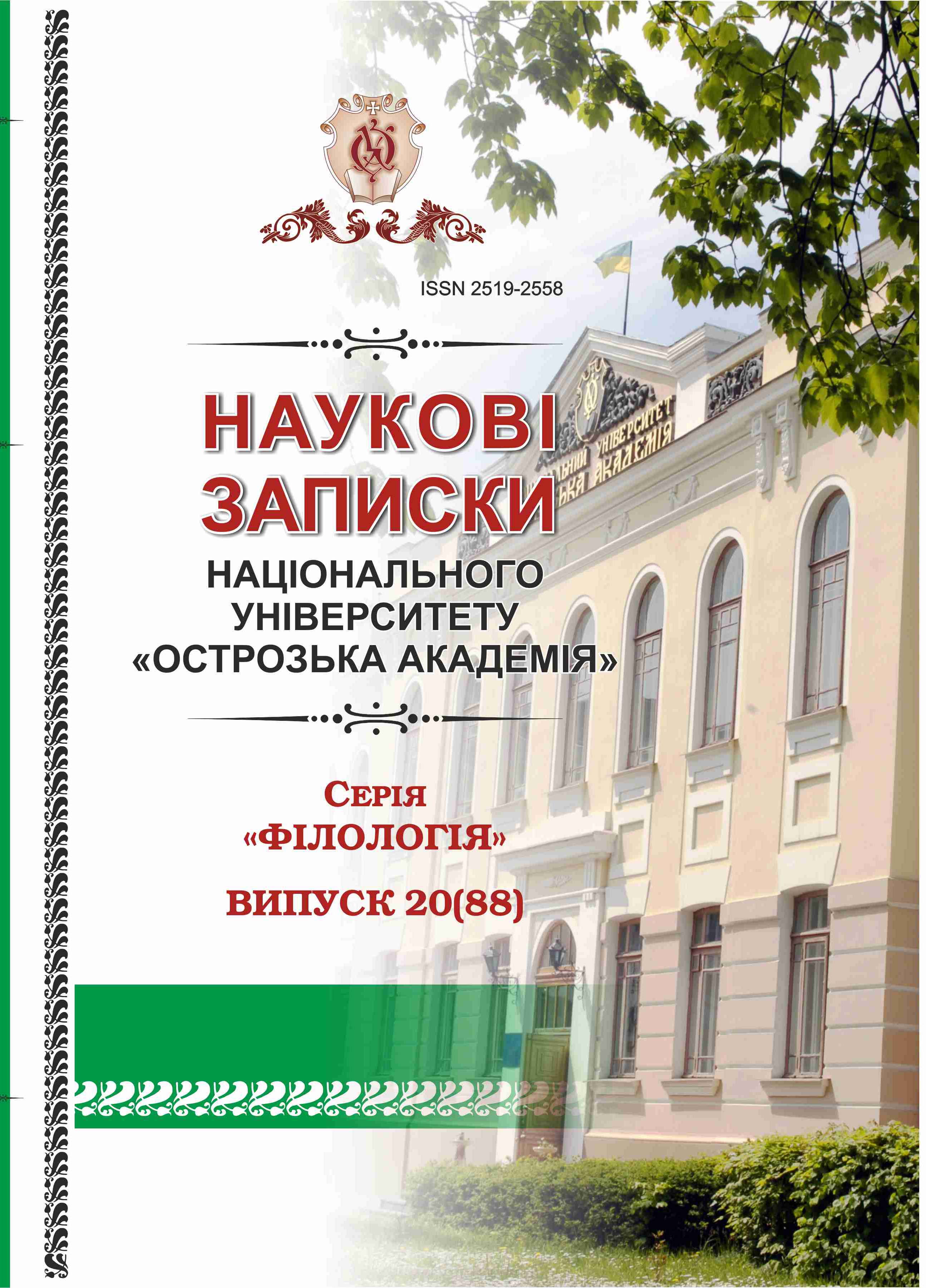LINGUISTIC FEATURES OF ENGLISH AND AMERICAN TOPONYMS-PHRASEOLOGISMS AS A TYPE OF SLANG VOCABULARY
Keywords:
phraseological units, toponymic components, semantics, toponymic-phraseologismsAbstract
The article analyzes the peculiarities of the use of phraseological units, which occupy a special place in the vocabulary of the English language. Their specific structure, on the one hand, attracts and arouses great interest among scientists, and on the other hand, requires a careful analysis of the content and form of language units. Phrasal units are part of the culture of English-speaking peoples, therefore it is necessary to know and understand their structure, semantics, essence, since without knowledge and understanding of phraseological units it is difficult to understand the specifics of the native speaker’s thinking. To determine the meaning of a word combination, it is necessary to establish its most characteristic differential features, and these features are characteristic only of word combinations. The absence of at least one of them can be qualified in different ways: such a unit is still at the stage of formulation and has not yet fully acquired its qualitative characteristics, that is, it can be considered as a potential revision. It is clear that if a phrase unit is a special linguistic unit, then it « can exist in the language only as a unity of form and content and must be significantly different in its category from all other units, including from close, similar ones». unit». Units that have certain characteristics with it.

